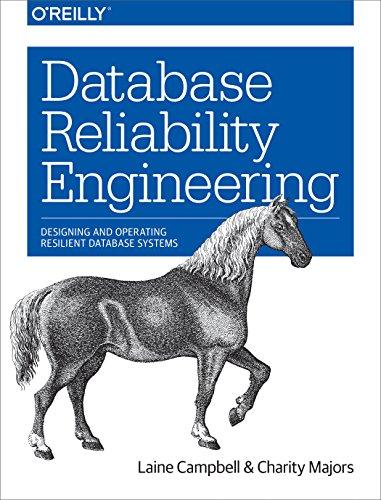Question
My goal is to use system calls, to create a random phrase, print it to standard output. I am allowed to use the standard library
My goal is to use system calls, to create a random phrase, print it to standard output. I am allowed to use the standard library functions to generate random numbers. I was able to write my program in normal c without using system calls, but I am stuck/confused in how to use the read() system call to read the words from the files which have a single word on a single line. So I want to be able to use read() to read line by line and assign each word to an index in the array.
The random phrase will have a sentence structure like --> The 'adjective' 'adjective' 'noun' jumped over the 'adjective' 'noun', where the adjectives and nouns are the random words from the txt files.
What I have so far is this:
noun.txt contains: 5 4 Jack 3 Dog 3 Bob 4 Mike 5 Trump
adj.txt contains 6 3 red 4 loud 5 happy 5 quick 9 invidious 5 brown
line.c contains
#include
#include
#include
typedef struct
{
char *word;
} words;
int main() {
FILE *nounFile = fopen("noun.txt", "r");
FILE *adjFile = fopen("adj.txt", "r");
int nounCount;
int adjCount;
fscanf(nounFile, "%i", &nounCount); //store number of nouns to address of nounCount
fscanf(adjFile, "%i", &adjCount); //store number of adj to address of adjCount
words *nouns = malloc(sizeof(words) * nounCount); //allocate enough memory for number of nouns in file
words *adjs = malloc(sizeof(words) * adjCount); //allocate enough memory for number of nouns in file
for (int i = 0; i < nounCount; ++i)
{
int nounLen;
fscanf(nounFile, "%i", &nounLen); //read length of each noun to nounLen
nouns[i].word = malloc(sizeof(char) * (nounLen + 1)); //allocate enough memory for each noun
fscanf(nounFile, "%s", nouns[i].word); //store each noun in noun[i].word
}
for (int i = 0; i < adjCount; ++i)
{
int adjLen;
fscanf(adjFile, "%i", &adjLen); //read length of each noun to nounLen
adjs[i].word = malloc(sizeof(char) * (adjLen + 1)); //allocate enough memory for each noun
fscanf(adjFile, "%s", adjs[i].word); //store each noun in noun[i].word
}
srand (time(NULL));
printf("The %s %s %s jumped over the %s %s. ",
adjs[(rand()%adjCount)].word, adjs[(rand()%adjCount)].word,
nouns[(rand()%nounCount)].word, adjs[(rand()%adjCount)].word,
nouns[(rand()%nounCount)].word);
//clean up for noun
fclose(nounFile);
for (int i = 0; i < nounCount; ++i)
{
free(nouns[i].word); //clear up memory allocation of each noun
}
free(nouns);
//clean up for adj
fclose(adjFile);
for (int i = 0; i < adjCount; ++i)
{
free(adjs[i].word); //clear up memory allocation of each noun
}
free(adjs);
return 0;
}
Step by Step Solution
There are 3 Steps involved in it
Step: 1

Get Instant Access to Expert-Tailored Solutions
See step-by-step solutions with expert insights and AI powered tools for academic success
Step: 2

Step: 3

Ace Your Homework with AI
Get the answers you need in no time with our AI-driven, step-by-step assistance
Get Started


